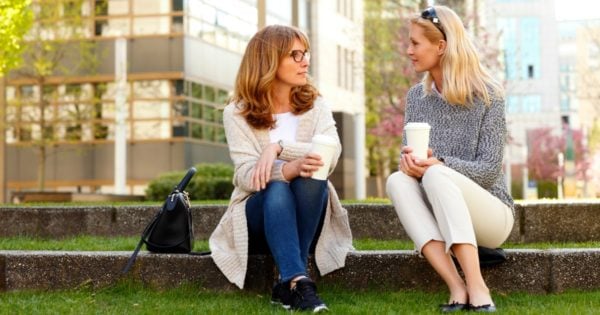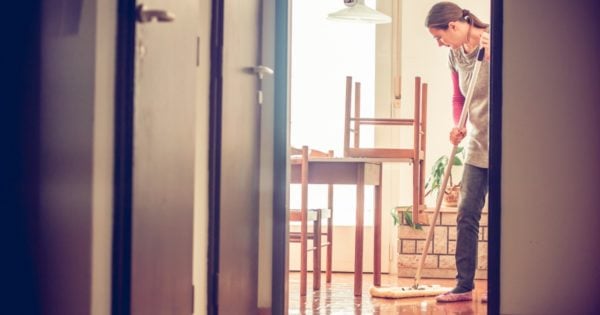

Hearing that one of your closest friends or family members has been diagnosed with cancer is a difficult time.
However, with cancer affecting one in three women by the age of 85, it’s becoming a conversation many Australians will likely have to undertake.
In these times, it’s hard to know what to say or what to do. We are all so anxious to help, but life after a cancer diagnosis can be a tricky area to navigate.
Here’s how you can help.
1. Listen before you react.
When your friend or loved one tells you about their diagnosis, your first impulse may be to jump in and ask dozens of questions and give your own thoughts.
However, the best way to show your support is to take a deep breath, and just listen. Let them decide how they want to talk about it and show your support by letting them talk it through and listen to everything they have to say.



Top Comments
Don't help them question the medical advice they've been given? Really? Last I heard doctors couldn't yet cure cancer. Whereas there are many, many, many people in the world who have cured their own cancer through nutrition. I will absolutely encourage my loved ones to consider their doctor to be one opinion, and that the ONLY real opinion is their own.
Really. FMTV.